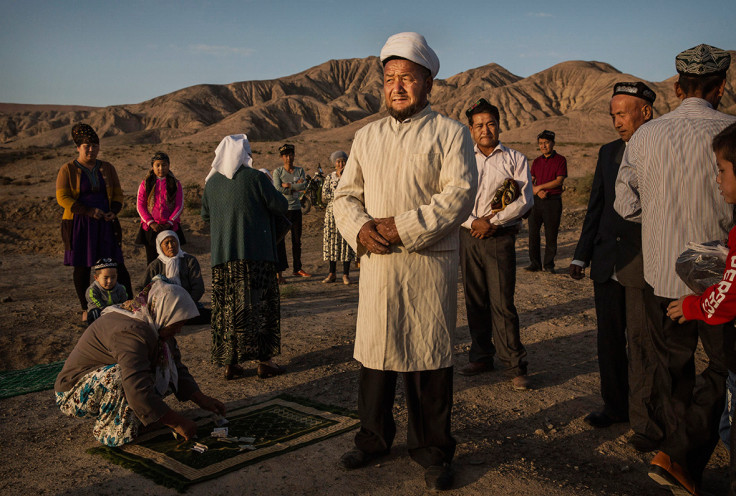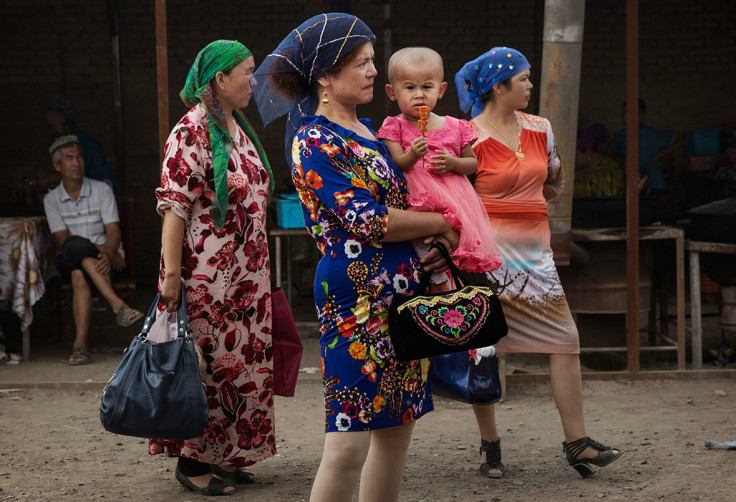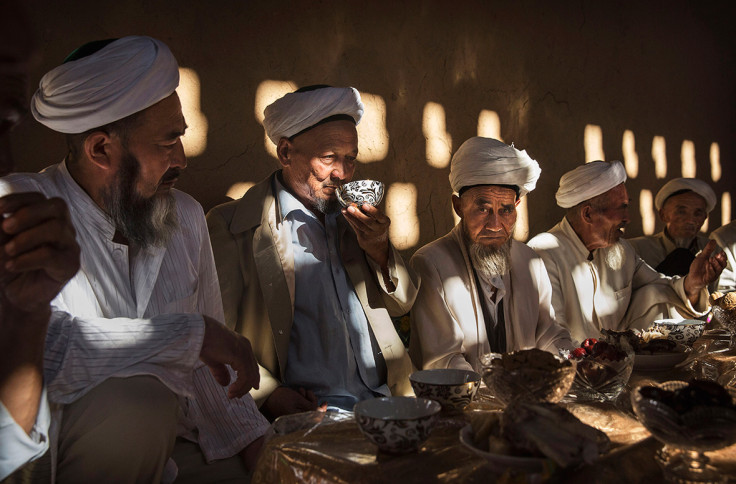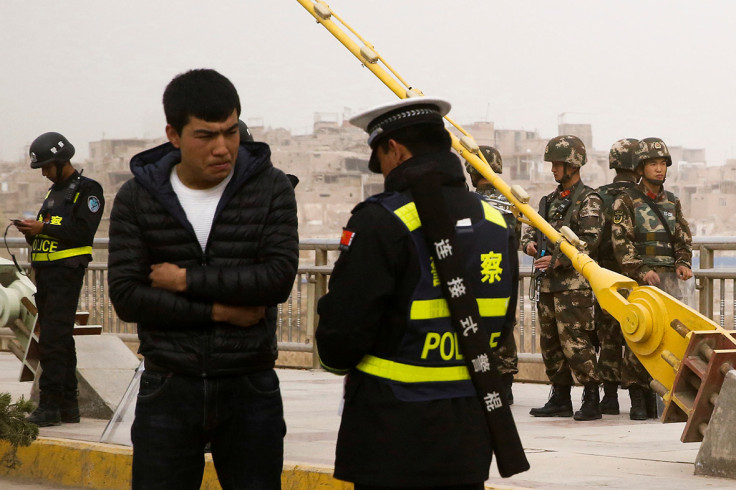Who are the Chinese Uighurs that Syria says up to 5,000 are fighting for militant groups like Isis?
Most Uighurs are Muslims who consider themselves as ethnically and culturally close to Central Asian nations.

China has been dealing with rising concerns over the threat of terrorism and Islamic separatism in its restive Xinjiang province, which is home to 10 million of the country's 23 million Muslims.
Up to 5,000 ethnic Uighurs from the far western region are now believed to be fighting in various militant groups, including the Islamic State (Isis) in Syria, Syrian ambassador to China, Imad Moustapha, told Reuters. He warned that China should be extremely worried about the situation.
"Our estimated numbers, because of the numbers we fight against, we kill, we capture, we wound, would be around 4-5,000 Xinjiang jihadists," he said. "China, as well as every other country, should be extremely concerned."
While Beijing has never given a figure for how many of its nationals are considered extremists, it has acknowledged that many Uighurs have gone to Syria and Iraq to fight for militants there. They reportedly travel illegally via Southeast Asia and Turkey.
China has repeatedly warned that the increase in the number of Uighurs fleeing to the Middle East pose a serious threat to the mainland, leading to a severe crackdown on religious separatism.
Who are the Uighurs?
Most Uighurs are Muslims who consider themselves ethnically and culturally close to Central Asian nations. They are the largest group of Muslims in China and speak a Turkic language. For centuries, the ethnic community has been mostly involved in agriculture and trade.
The region where Uighurs live – an East Turkestan state – briefly declared independence in the early part of the 20th Century. However, the communist country took complete and official control of it in 1949, when the region came to be known as Xinjiang.
Xinjiang has since been a provincial-level autonomous region within China, just like Tibet.
Uighurs vs communist China
Discord between the indigenous Uighur community and the Chinese authorities has a long history. Following the collapse of the Soviet Union, there was a growing need to form independent Muslim states in Central Asia. This saw the open support for separatist groups increasing in the 1990s. However, Beijing suppressed protests and activists went underground.

The issue between the Uighurs and the Chinese government has been a complex subject as experts have argued that ethnic tensions were caused mainly because of the economic and cultural factors in the country.
It has been reported that the Han Chinese have traditionally been favoured for the best jobs, something that has triggered bitterness among Uighurs.
Crackdown on Uighurs
China has frequently been placing severe restrictions on the culture and religion of the minority community, which is also believed to be one of the main reasons for their resentment. It has banned prospective parents in the region from keeping an "overly religious" Islamic name for their babies or risk long-lasting consequences. Names with religious meanings are used by Muslims around the world.
It has also warned against any parent or guardian encouraging or forcing their children into religious activities. Anyone flouting rules can land up in prison.

Although China officially allows freedom of religion, it has banned children from taking part in any religious activity. Parents or guardians are also barred from forcing children to dress in extremist clothing or other symbols.
The harsh measures also prohibit families from taking their children out of regular school, deliberately damaging legal documents, not abiding by family planning policies and "naming children to exaggerate religious fervour." Refusing to watch state television will be banned, as will marrying using religious rather than legal procedures and "using the name of Halal to meddle in the secular life of others."
The local governments in Xinjiang province have been accused of failing to differentiate between local customs and extremist behaviour in its crackdown on religious separatism.
Rise in violence
The Xinjiang region has been hit by ethnic violence between Uighur Muslims and members of the Han Chinese community in the recent past.
Hundreds have died in Xinjiang in recent years, which the government claims is the result of unrest caused by Islamist militants and separatists. But rights groups argue that the violence is a reaction to China's alleged harsh policies.

On 14 February, at least five people died and five others were injured in a violent attack by three knife-wielding men in Hotan prefecture's Pishan county.
Hundreds of thousands fled China as the government reportedly ignored recognising their culture and language.
Following years of unrest in the region, the Uighurs escaped to Turkey. Beijing has accused them of involvement in fighting militants in Syria and Iraq.
© Copyright IBTimes 2025. All rights reserved.





















